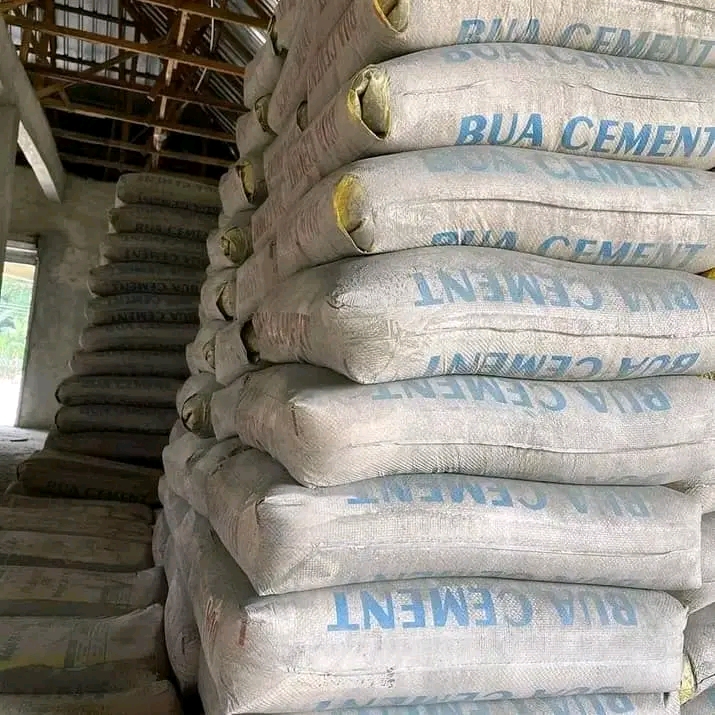BUSINESS

CEMENT MAY GET CHEAPER SOON AS BUA PLANS TO POWER ITS OWN PLANTS
Nigerians may soon see a drop in cement prices as BUA Group, one of the country’s leading cement manufacturers, has announced plans to generate its own electricity to power its factories.
The company’s Chairman, Abdul Samad Rabiu, made this known during BUA’s Annual General Meeting (AGM) held in Abuja. According to him, high energy costs—especially due to Nigeria’s unreliable power supply—have been a major challenge for the company and a big reason why cement prices remain high.
“We spend too much of our income on electricity just to keep our plants running,” Rabiu said. “By producing our own power using gas, we’ll reduce our costs and hopefully bring down the price of cement.”
To make this happen, BUA Cement has partnered with two major energy companies:
Wärtsilä OY of Finland will help supply 70 megawatts of power for BUA’s Sokoto Line 4 cement plant.
Green Power International will develop an additional 20MW gas-powered plant.
These moves aim to boost energy efficiency and give the company more control over its operations.
Expansion Plans in Edo State
BUA also revealed it has started building a new cement plant in Ososo, Edo State, with a capacity of 3 million metric tonnes per year.
Once completed by early 2027, this will increase BUA’s total production capacity to 20 million metric tonnes annually, up from the current 17 million.
“This strengthens our position in the cement industry and helps meet growing demand across Nigeria,” Rabiu noted.
Financial Highlights
In its 2024 financial report, BUA Cement posted strong growth:
Revenue rose by over 90% to ₦876.47 billion.
Profit before tax went up by 48%.
However, profit after tax grew more slowly—only 6.4%—mainly due to increased tax expenses.
The company paid out a dividend of ₦2.05 per share to its shareholders.
Why Cement is So Expensive
Rabiu also addressed the hot topic of rising cement prices, which currently hover around ₦10,000 per bag in many parts of the country. He blamed it on the devaluation of the Naira, which has increased the cost of importing equipment and raw materials.
“We’ve invested billions of dollars. At ₦10,000 per bag, we’re not making outrageous profits—it’s just what we need to stay afloat,” he explained, adding that a stronger Naira could help bring prices down in the future.
BUA Cement’s Managing Director, Yusuf Binji, expressed confidence in the company’s direction, saying that the latest results prove the business is both resilient and forward-thinking.
“We are not just reacting to problems; we are planning ahead and investing in long-term solutions,” Binji said.
With these new energy initiatives and expansion plans, BUA hopes to stabilize operations, improve supply, and—most importantly—make cement more affordable for Nigerians.
TL;DR:
BUA Group is investing in self-generated power to reduce production costs and possibly lower cement prices. With new energy partnerships and a major new plant in the works, cheaper cement may be on the horizon.
"This represents a significant development in our ongoing coverage of current events."— Editorial Board









